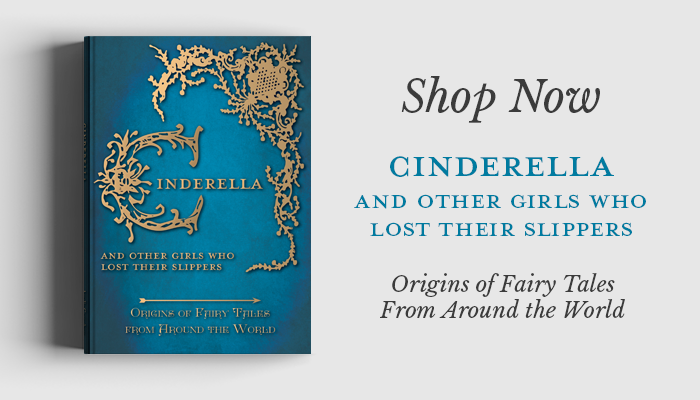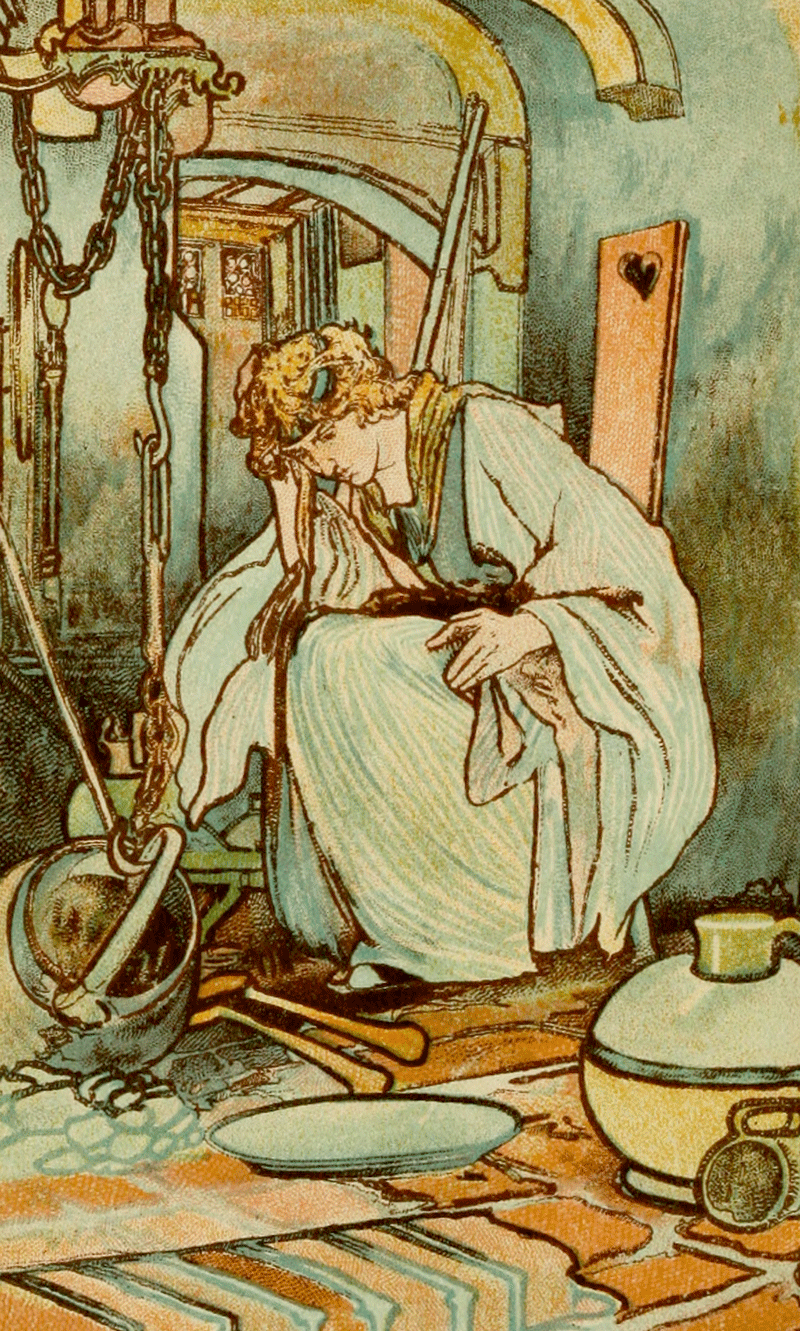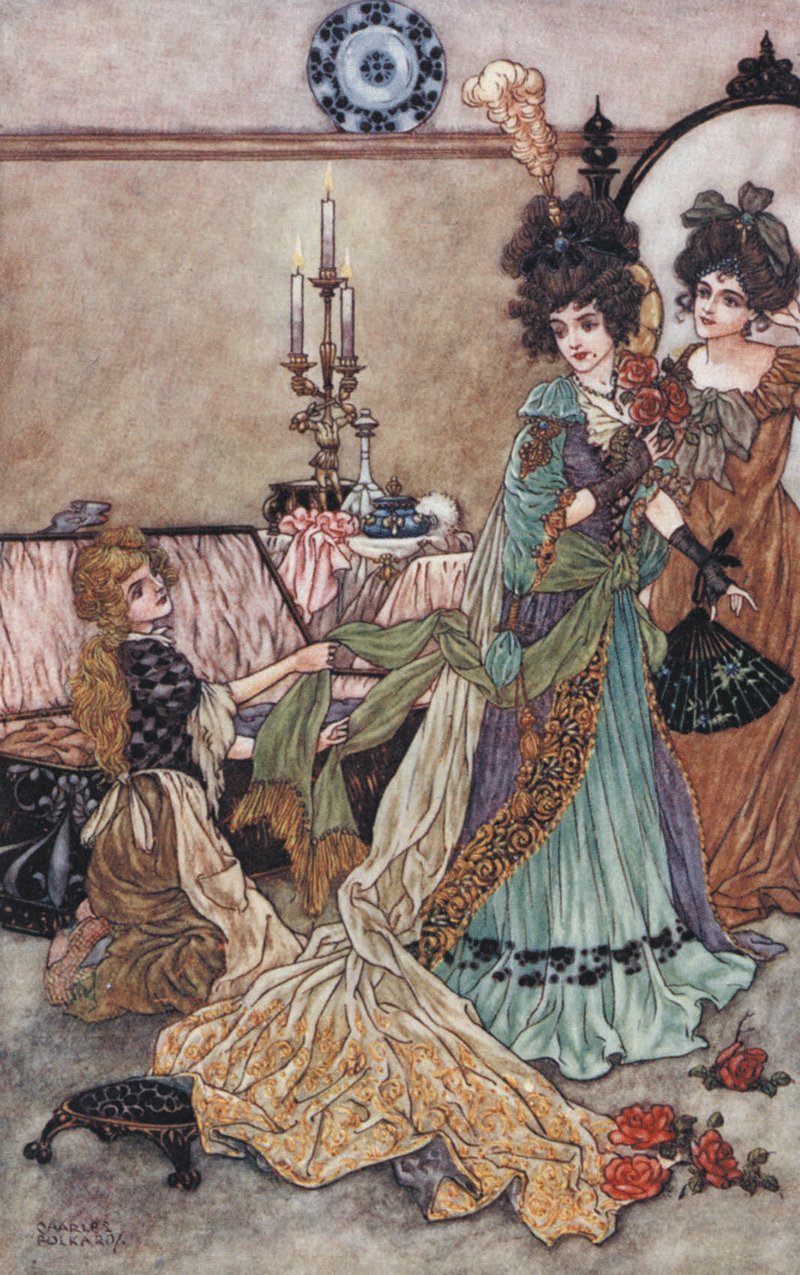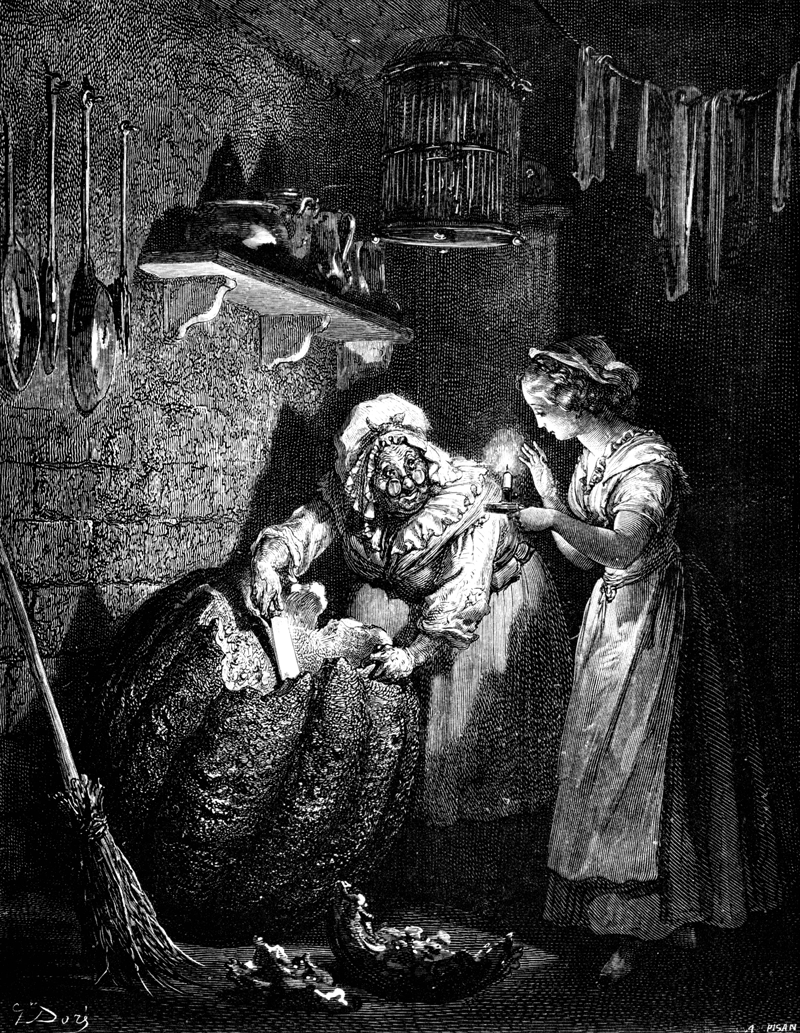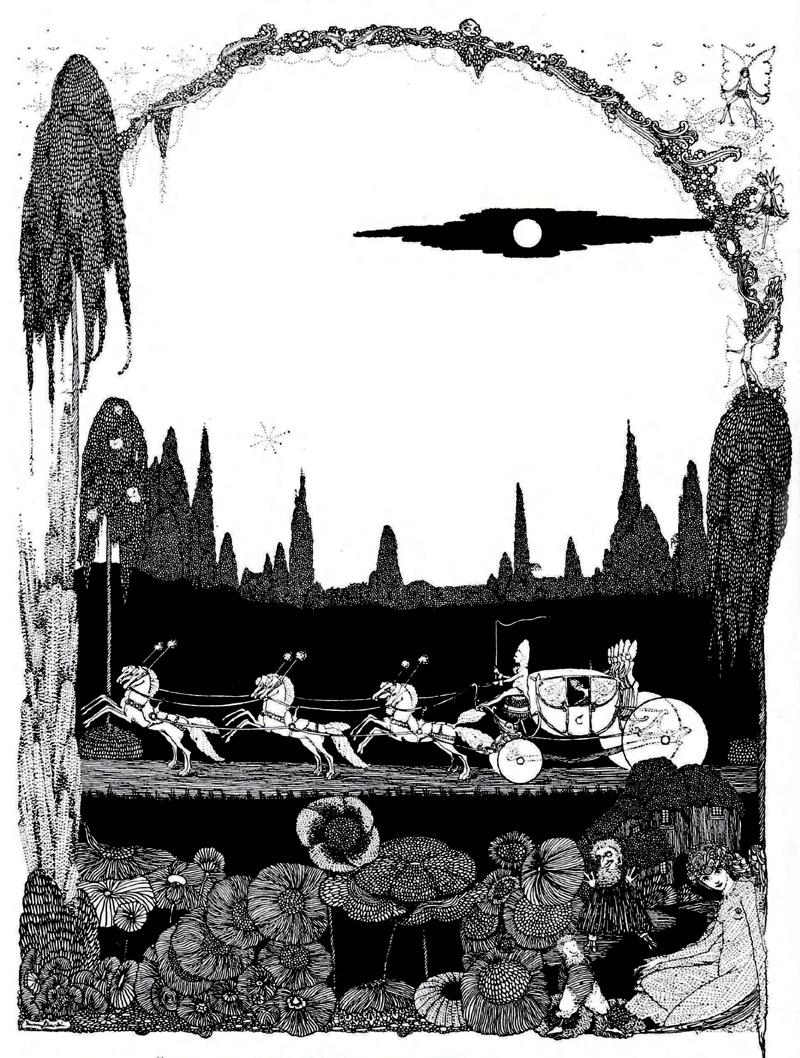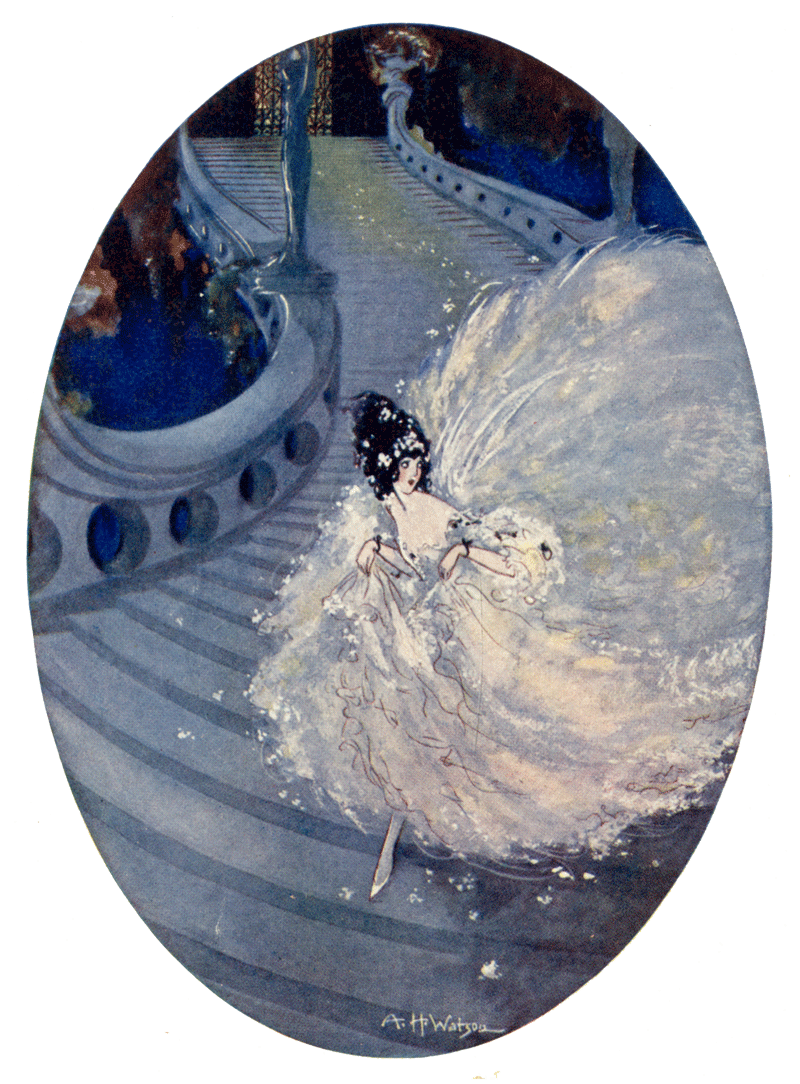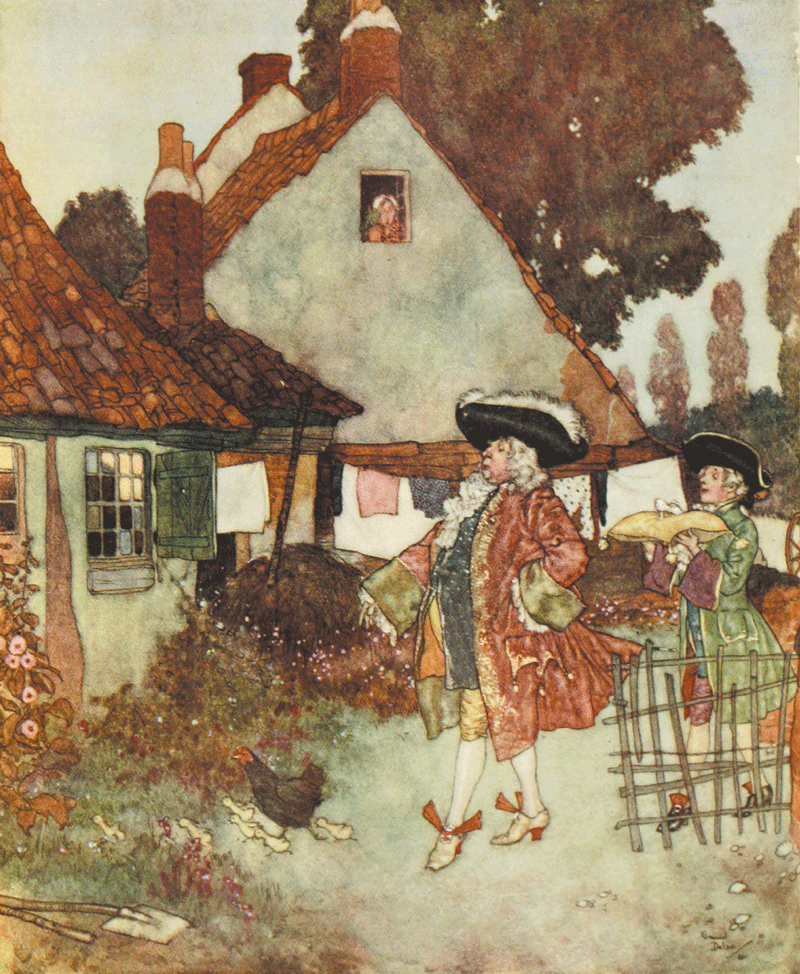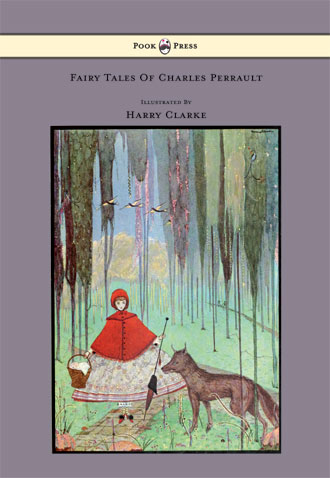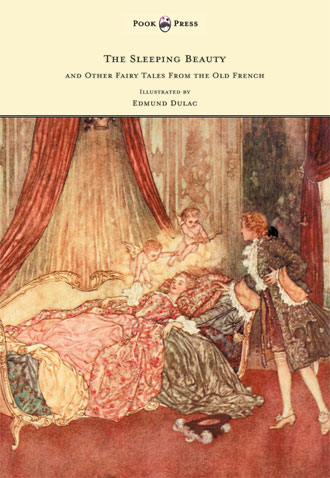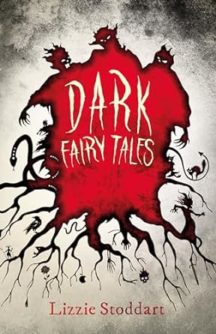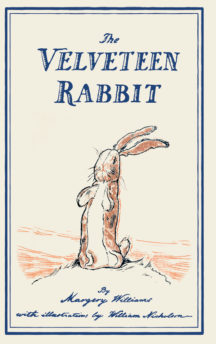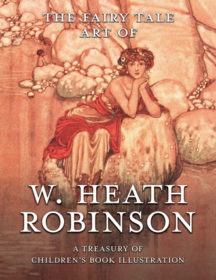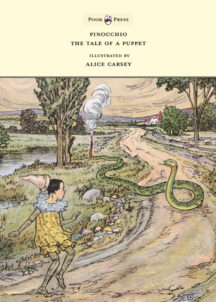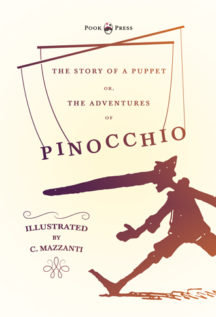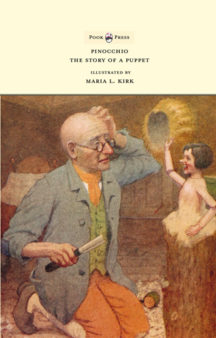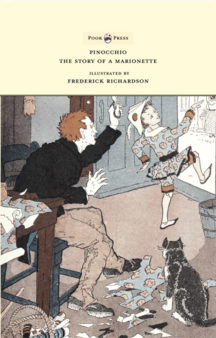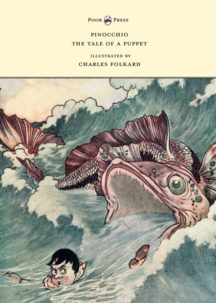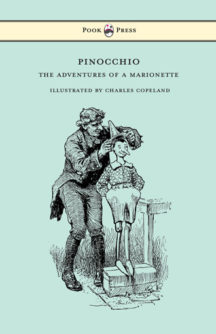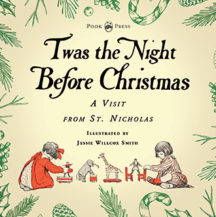Cendrillon – A French Cinderella Tale

With Valentine’s Day around the corner, the celebration of love and affection, we thought we’d revisit one of the most classic love stories of all time. Cinderella, as it was penned by Charles Perrault, follows our protagonist as she comes of age. It takes us on a magical journey as she finds her prince with the help of a few friendly animals and her fabulous fairy godmother.
First published in 1697, this French Cendrillon is not the first version of the story, however it is the version that has inspired most modern adaptations of the story, most notably Disney’s Cinderella. Perrault’s version became immensely popular due to Perrault’s unique additions; the pumpkin, the fairy-godmother and the introduction of the glass slippers. The story is most likely of Egyptian and Chinese origins. You can read more about this in our Origins of Fairy Tales book, Cinderella and Other Girls Who Lost their Slippers.
Cendrillon,
ou La Petite Pantoufle de Verre
Cinderella; or, The Little Glass Slipper
(A French Tale by Charles Perrault)
Once upon a time there was a gentleman who married, for his second wife, the proudest and most haughty woman that ever was seen. She had two daughters of her own, who were, indeed, exactly like her in all things. The gentleman had also a young daughter, of rare goodness and sweetness of temper, which she took from her mother, who was the best creature in the world.
The wedding was scarcely over, when the stepmother’s bad temper began to show itself. She could not bear the goodness of this young girl, because it made her own daughters appear the more odious. The stepmother gave her the meanest work in the house to do; she had to scour the dishes, tables, etc., and to scrub the floors and clean out the bedrooms. The poor girl had to sleep in the garret, upon a wretched straw bed, while her sisters lay in fine rooms with inlaid floors, upon beds of the very newest fashion, and where they had looking-glasses so large that they might see themselves at their full length. The poor girl bore all patiently, and dared not complain to her father, who would have scolded her if she had done so, for his wife governed him entirely.
When she had done her work, she used to go into the chimney corner, and sit down among the cinders, hence she was called Cinderwench. The younger sister of the two, who was not so rude and uncivil as the elder, called her Cinderella. However, Cinderella, in spite of her mean apparel, was a hundred times more handsome than her sisters, though they were always richly dressed.
It happened that the King’s son gave a ball, and invited to it all persons of fashion. Our young misses were also invited, for they cut a very grand figure among the people of the country-side. They were highly delighted with the invitation, and wonderfully busy in choosing the gowns, petticoats, and head-dresses which might best become them. This made Cinderella’s lot still harder, for it was she who ironed her sisters’ linen and plaited their ruffles. They talked all day long of nothing but how they should be dressed.
“For my part,” said the elder, “I will wear my red velvet suit with French trimmings.”
“And I,” said the younger, “shall wear my usual skirt; but then, to make amends for that I will put on my gold-flowered mantle, and my diamond stomacher, which is far from being the most ordinary one in the world.” They sent for the best hairdressers they could get to make up their hair in fashionable style, and bought patches for their cheeks. Cinderella was consulted in all these matters, for she had good taste. She advised them always for the best, and even offered her services to dress their hair, which they were very willing she should do.
As she was doing this, they said to her:—
“Cinderella, would you not be glad to go to the ball?”
“Young ladies,” she said, “you only jeer at me; it is not for such as I am to go there.”
“You are right,” they replied; “people would laugh to see a Cinderwench at a ball.”
Any one but Cinderella would have dressed their hair awry, but she was good-natured, and arranged it perfectly well. They were almost two days without eating, so much were they transported with joy. They broke above a dozen laces in trying to lace themselves tight, that they might have a fine, slender shape, and they were continually at their looking-glass.
At last the happy day came; they went to Court, and Cinderella followed them with her eyes as long as she could, and when she had lost sight of them, she fell a-crying.
Her godmother, who saw her all in tears, asked her what was the matter.
“I wish I could—I wish I could—” but she could not finish for sobbing.
Her godmother, who was a fairy, said to her, “You wish you could go to the ball; is it not so?”
“Alas, yes,” said Cinderella, sighing.
“Well,” said her godmother, “be but a good girl, and I will see that you go.” Then she took her into her chamber, and said to her, “Run into the garden, and bring me a pumpkin.”
Cinderella went at once to gather the finest she could get, and brought it to her godmother, not being able to imagine how this pumpkin could help her to go to the ball. Her godmother scooped out all the inside of it, leaving nothing but the rind. Then she struck it with her wand, and the pumpkin was instantly turned into a fine gilded coach.
She then went to look into the mouse-trap, where she found six mice, all alive. She ordered Cinderella to lift the trap-door, when, giving each mouse, as it went out, a little tap with her wand, it was that moment turned into a fine horse, and the six mice made a fine set of six horses of a beautiful mouse-coloured, dapple gray.
Being at a loss for a coachman, Cinderella said, “I will go and see if there is not a rat in the rat-trap—we may make a coachman of him.”
“You are right,” replied her godmother; “go and look.”
Cinderella brought the rat-trap to her, and in it there were three huge rats. The fairy chose the one which had the largest beard, and, having touched him with her wand, he was turned into a fat coachman with the finest moustache and whiskers ever seen.
After that, she said to her:—
“Go into the garden, and you will find six lizards behind the watering-pot; bring them to me.”
She had no sooner done so than her godmother turned them into six footmen, who skipped up immediately behind the coach, with their liveries all trimmed with gold and silver, and they held on as if they had done nothing else their whole lives.
The fairy then said to Cinderella, “Well, you see here a carriage fit to go to the ball in; are you not pleased with it?”
“Oh, yes!” she cried; “but must I go as I am in these rags?”
Her godmother simply touched her with her wand, and, at the same moment, her clothes were turned into cloth of gold and silver, all decked with jewels. This done, she gave her a pair of the prettiest glass slippers in the whole world. Being thus attired, she got into the carriage, her godmother commanding her, above all things, not to stay till after midnight, and telling her, at the same time, that if she stayed one moment longer, the coach would be a pumpkin again, her horses mice, her coachman a rat, her footmen lizards, and her clothes would become just as they were before.
She promised her godmother she would not fail to leave the ball before midnight. She drove away, scarce able to contain herself for joy. The King’s son, who was told that a great princess, whom nobody knew, was come, ran out to receive her. He gave her his hand as she alighted from the coach, and led her into the hall where the company were assembled. There was at once a profound silence; every one left off dancing, and the violins ceased to play, so attracted was every one by the singular beauties of the unknown newcomer. Nothing was then heard but a confused sound of voices saying:—
“Ha! how beautiful she is! Ha! how beautiful she is!”
The King himself, old as he was, could not keep his eyes off her, and he told the Queen under his breath that it was a long time since he had seen so beautiful and lovely a creature.
All the ladies were busy studying her clothes and head-dress, so that they might have theirs made next day after the same pattern, provided they could meet with such fine materials and able hands to make them.
The King’s son conducted her to the seat of honor, and afterwards took her out to dance with him. She danced so very gracefully that they all admired her more and more. A fine collation was served, but the young Prince ate not a morsel, so intently was he occupied with her.
She went and sat down beside her sisters, showing them a thousand civilities, and giving them among other things part of the oranges and citrons with which the Prince had regaled her. This very much surprised them, for they had not been presented to her.
Cinderella heard the clock strike a quarter to twelve. She at once made her adieus to the company and hastened away as fast as she could.
As soon as she got home, she ran to find her godmother, and, after having thanked her, she said she much wished she might go to the ball the next day, because the King’s son had asked her to do so. As she was eagerly telling her godmother all that happened at the ball, her two sisters knocked at the door; Cinderella opened it. “How long you have stayed!” said she, yawning, rubbing her eyes, and stretching herself as if she had been just awakened. She had not, however, had any desire to sleep since they went from home.
“If you had been at the ball,” said one of her sisters, “you would not have been tired with it. There came thither the finest princess, the most beautiful ever was seen with mortal eyes. She showed us a thousand civilities, and gave us oranges and citrons.”
Cinderella did not show any pleasure at this. Indeed, she asked them the name of the princess; but they told her they did not know it, and that the King’s son was very much concerned, and would give all the world to know who she was. At this Cinderella, smiling, replied:—
“Was she then so very beautiful? How fortunate you have been! Could I not see her? Ah! dear Miss Charlotte, do lend me your yellow suit of clothes which you wear every day.”
“Ay, to be sure!” cried Miss Charlotte; “lend my clothes to such a dirty Cinderwench as thou art! I should be out of my mind to do so.”
Cinderella, indeed, expected such an answer and was very glad of the refusal; for she would have been sadly troubled if her sister had lent her what she jestingly asked for. The next day the two sisters went to the ball, and so did Cinderella, but dressed more magnificently than before. The King’s son was always by her side, and his pretty speeches to her never ceased. These by no means annoyed the young lady. Indeed, she quite forgot her godmother’s orders to her, so that she heard the clock begin to strike twelve when she thought it could not be more than eleven. She then rose up and fled, as nimble as a deer. The Prince followed, but could not overtake her. She left behind one of her glass slippers, which the Prince took up most carefully. She got home, but quite out of breath, without her carriage, and in her old clothes, having nothing left her of all her finery but one of the little slippers, fellow to the one she had dropped. The guards at the palace gate were asked if they had not seen a princess go out, and they replied they had seen nobody go out but a young girl, very meanly dressed, and who had more the air of a poor country girl than of a young lady.
When the two sisters returned from the ball, Cinderella asked them if they had had a pleasant time, and if the fine lady had been there. They told her, yes; but that she hurried away the moment it struck twelve, and with so much haste that she dropped one of her little glass slippers, the prettiest in the world, which the King’s son had taken up. They said, further, that he had done nothing but look at her all the time, and that most certainly he was very much in love with the beautiful owner of the glass slipper.
What they said was true; for a few days after the King’s son caused it to be proclaimed, by sound of trumpet, that he would marry her whose foot this slipper would fit exactly. They began to try it on the princesses, then on the duchesses, and then on all the ladies of the Court; but in vain. It was brought to the two sisters, who did all they possibly could to thrust a foot into the slipper, but they could not succeed. Cinderella, who saw this, and knew her slipper, said to them, laughing:—
“Let me see if it will not fit me.”
Her sisters burst out a-laughing, and began to banter her. The gentleman who was sent to try the slipper looked earnestly at Cinderella, and, finding her very handsome, said it was but just that she should try, and that he had orders to let every lady try it on.
He obliged Cinderella to sit down, and, putting the slipper to her little foot, he found it went on very easily, and fitted her as if it had been made of wax. The astonishment of her two sisters was great, but it was still greater when Cinderella pulled out of her pocket the other slipper and put it on her foot.
Thereupon, in came her godmother, who, having touched Cinderella’s clothes with her wand, made them more magnificent than those she had worn before.
And now her two sisters found her to be that beautiful lady they had seen at the ball. They threw themselves at her feet to beg pardon for all their ill treatment of her. Cinderella took them up, and, as she embraced them, said that she forgave them with all her heart, and begged them to love her always.
She was conducted to the young Prince, dressed as she was. He thought her more charming than ever, and, a few days after, married her. Cinderella, who was as good as she was beautiful, gave her two sisters a home in the palace, and that very same day married them to two great lords of the Court.
Save
Save
Save

